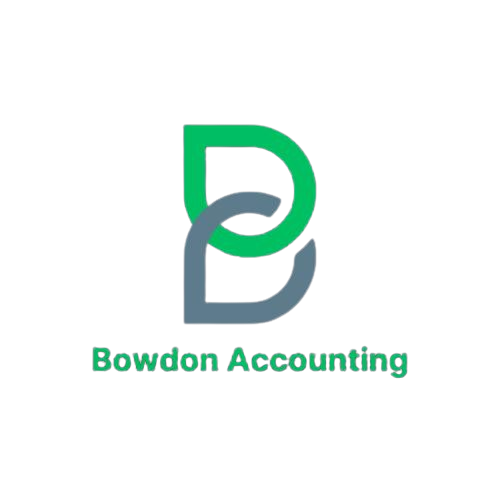Understanding the various types of charitable organisations in the UK can be complex. This guide will help you navigate through different types of charities, focusing on charity finance management, the role of a charity accountant, and strategic finance support:
1) Charitable Incorporated Organisation (CIO)
a) Provides limited liability for trustees, can own property, and enter into contracts.
b) Ideal for medium to large charities needing a robust legal structure.
2) Charitable Company (Limited by Guarantee)
a) Offers limited liability, must comply with both charity law and company law.
b) Suitable for charities engaging in commercial activities.
3) Charitable Trust
a) Managed by trustees, focuses on managing funds or property for charitable purposes.
b) Perfect for smaller charities or grant-giving entities.
4) Unincorporated Association
a) Simple structure, no separate legal personality, members are liable for debts.
b) Great for small, volunteer-run groups with a community focus.
5) Community Interest Company (CIC)
a) Not a charity but operates for community benefit, limited by shares or guarantee.
b) Ideal for organisations wanting to operate commercially while benefiting the community.
Choosing the right structure is crucial for ensuring your charity’s success and compliance with regulations. Proper charity finance management and strategic finance support from a qualified charity accountant can significantly contribute to achieving your organisational goals and maintaining fiscal health. For an instant quote on services from a non profit sector accountant, click here.
#Charity #NonProfit #AccountingServices #UKCharities #BowdonAccounting




